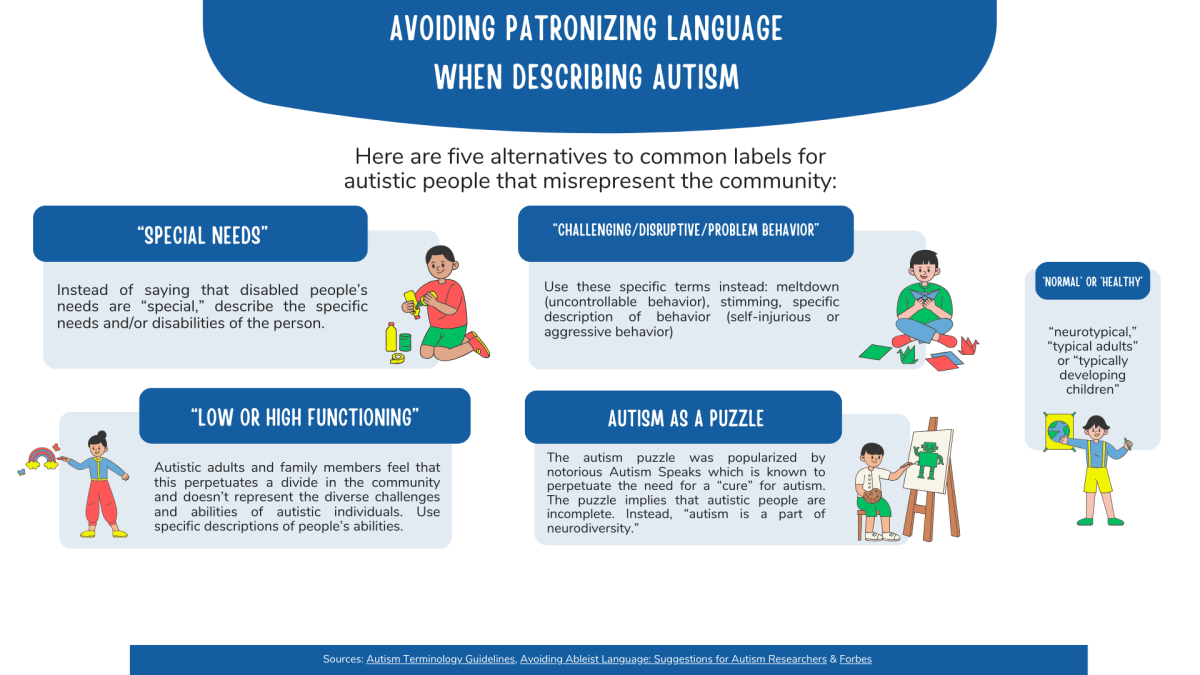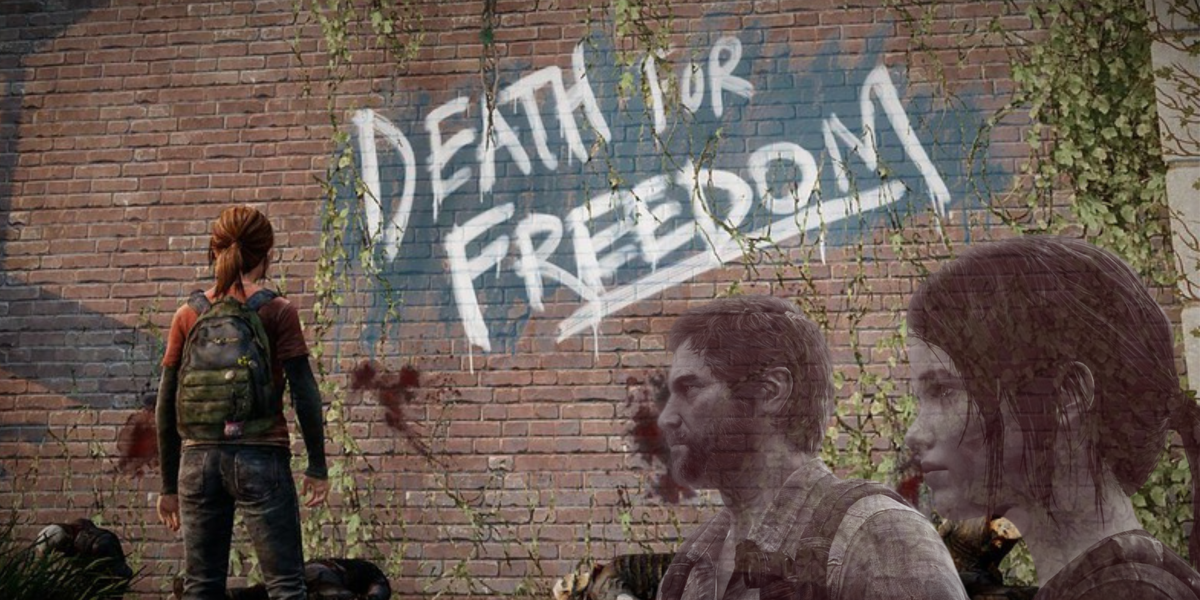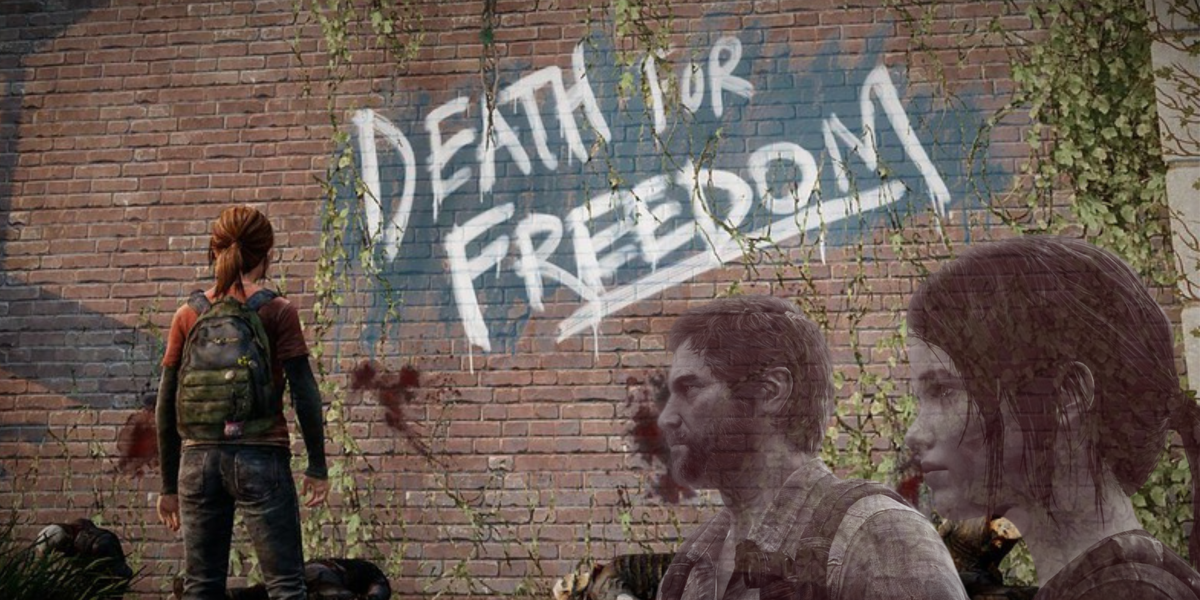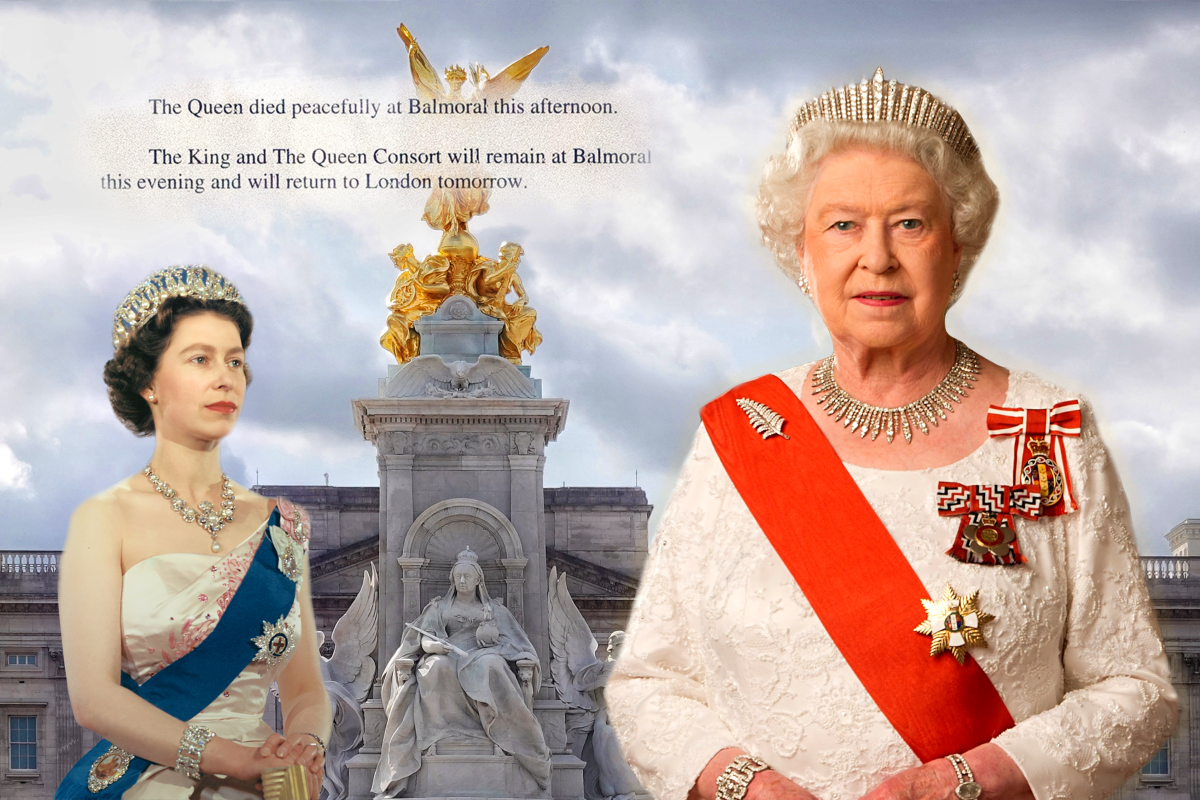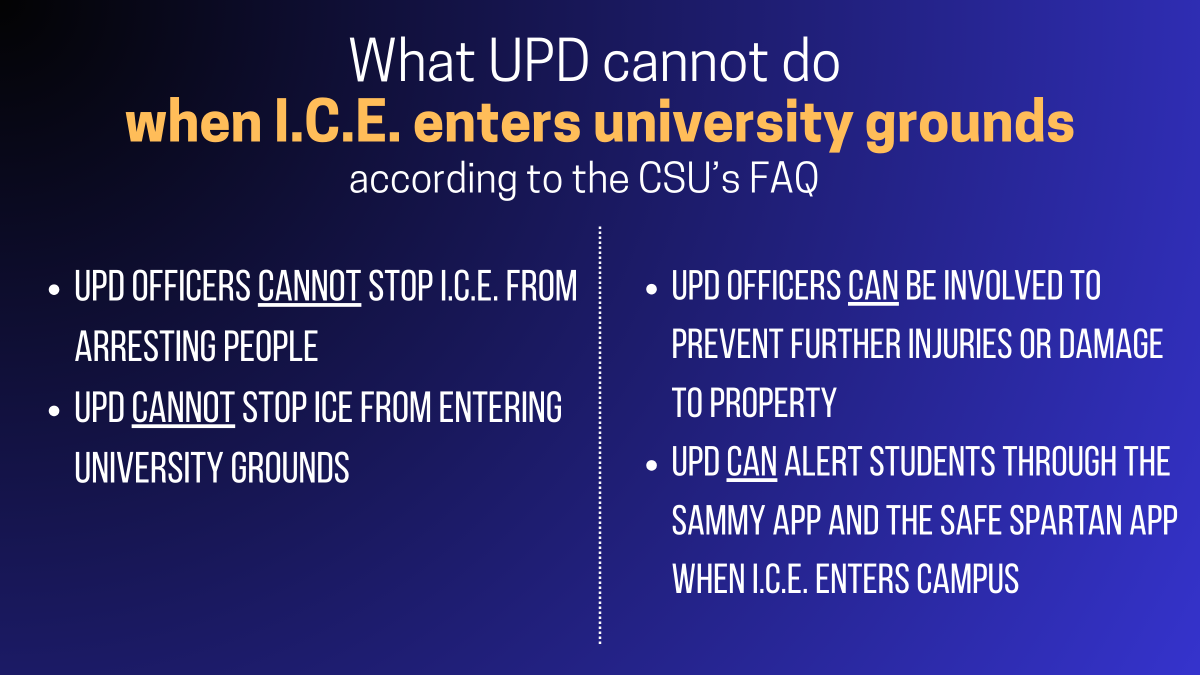Outside Buckingham Palace, dozens of royal guards marched toward the golden gates on Sept. 14. The sound of trumpets and drums was solemn and crowds of people gathered in front of the royal residence and waited for the procession of Queen Elizabeth II.
The Queen’s coffin, covered with the royal standard, was carried outside the palace surrounded by royal guards. Members of the Royal Family followed the march.
Finally, Big Ben’s bells resounded in the air.
It was a last goodbye to the Queen who left Buckingham Palace for the last time.
Queen Elizabeth II, the longest-reigning monarch of the United Kingdom (U.K.), passed away on Sept. 8 at the age of 96.
Although the Queen’s authority went beyond the British borders including reaching foreign countries in the Commonwealth, her death might have a significant effect on the Commonwealth countries and their independence from the monarchy.
“Queen Elizabeth II was a constitutional monarch and had a ceremonial role in the maintenance of the British Empire, as it was, and the British Commonwealth, as it became,” said Mark Brady, a British economics professor at San Jose State.
The Commonwealth Realm is a country that “has The Queen as its Monarch” and there are 14 Commonwealth Realms in addition to the U.K., according to the Royal Family website.
Brady said the Commonwealth was originally formed of the U.K., Canada, Australia, New Zealand and South Africa.
However, former British colonies started joining the voluntary association, Brady said.
“As former British colonies became independent, they almost all became members of the British Commonwealth,” he said. “Most member states, like India, are republics with a president as a head-of-state and some member states, like Canada, are constitutional monarchies with the British monarch as the head-of-state.”
Commonwealth-member countries benefit from being part of “a mutually supportive community of independent and sovereign states,” according to the Commonwealth website.
The association between the Commonwealth and Britain was supposed to continue, and for most countries there were benefits in terms of aid and human resources, Brady said.
The aid provided by the Commonwealth varies from economics and boosting trade to addressing debts and inequalities, according to the Commonwealth website.
In addition, other countries including Togo and Gabon, which were not former British colonies, joined the Commonwealth in June, according to a June 23 New York Times article.
Although the idea of a community-based organization of sovereign states and Commonwealth principles seems to be good on paper, the reality looks to be quite different.
King Charles III and Phil Murphy, former director of the Institute of Commonwealth Studies, both said many Commonwealth countries could attempt to become republics after the Queen’s death, according to a Sept. 13 GB News article.
“Because she has been around for so long, I think it was easy for a certain part of the Commonwealth to just carry on with her as a symbolic head of state,” SJSU English Department Chair Noelle Brada-Williams said.
The Queen’s figure and her authority have not just been related to the U.K. and the current Commonwealth. Her 70-year reign was dominated by the shadows of colonization as Britain was still ruling over many countries when she took power in 1952.
Some countries including India had only recently gained independence when the Queen took the throne.
Some SJSU South Asian students say they aren’t mourning her death but are rather remembering Britain’s 200-year rule of India.
“My grandpa came from Pakistan during the partition. So, I mean, he saw British colonialism firsthand, but I’ve heard a lot about it,” accounting senior Jaskirat Bains said.
When Britain ended its rule over India in 1947, it split the country into two separate nations: Mulsim-majority Pakistan and Hindu-majority India, according to an Aug. 12 Al Jazeera article.
About 15 million people were dislocated and two million people died, according to the Al Jazeera article.
Bains said when Queen Elizabeth II took power, India had already been independent for five years but he believes that she continued to perpetuate colonialism.
“[In 1984], there was both an attack on sections in India and also a genocide which the British not only actively chose to ignore, but actually actively aided and abetted India in conducting,” Bains said.
Indira Gandhi, then-prime minister of India, gave permission in 1984 for the military to attack the Sikh holy place of worship, The Golden Temple, which was occupied by an armed group that wanted Sikhs to have their own country, according to a Britannica Sikh Separatism webpage.
The British have been accused of advising Gandhi on how to remove Sikhs from The Golden Temple, according to a Oct. 28, 2017 article by The Guardian.
Some South Asians have also been calling for the return of the Kohinoor, the 105.6 carat diamond that was originally mined in India and taken by the British more than 100 years ago, according to a Sept. 14 ABC News article.
King of Punjab Duleep Singh, was the last person to have the Kohinoor and because of his young age of 10, he unwillingly signed the Kohinoor to the Queen of England in 1849, according to the book “Kohinoor: The Story of The World’s Most Infamous Diamond” by Anita Anand and William Dalrymple.
Because of this history, Bains said he believes that Sikhs have the most authority over it but also acknowledges the complex history of ownership.
“Overall, I find that it’s a complicated issue with a deep political past as well as a troubling current day ownership issue,” he said.
Pakistan and India, among other countries, have all staked claims to the diamond considering that India used to incorporate much of the countries of South Asia before the partition, according to “Kohinoor: The Story of The World’s Most Infamous Diamond.”
Noelle Brada-Williams said Queen Elizabeth II’s death might have consequences on the Commonwealth Realms.
Brada-Williams said that might be a moment in which a lot of the Commonwealth countries, which technically have the British Monarchy as their head of state, would break away.
“I think more Commonwealth nations will use Queen Elizabeth as a second step to end their connection with the monarchy,” she said.
King Charles III is currently recognized as the monarch of 14 countries of the Commonwealth, according to a Sept. 13 NPR article.
Brada-Williams said she doesn’t see the king being around long enough to have a huge effect.
“I am very aware that monarchs of the U.K. are pretty much figure-heads, and they kind of set a tone for the country,” she said.
___________________________
Saumya Monga and Bojana Cvijic contributed to this article.








